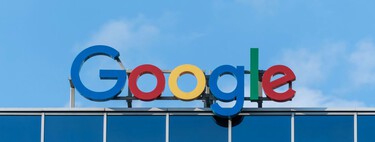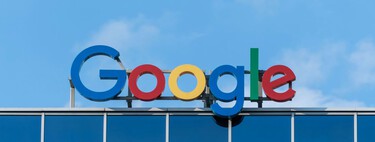At the beginning of the year, we learned that ransomware had reduced their effectiveness from 85% to 30% in just a few years. Thus, one of the main reasons for this decline has come from a recommendation from the state security forces and bodies: you should not give in to any kind of blackmail. However, sometimes we come across stories in which, despite making the payment, the final result is not as expected.

As TechSpot indicates in a recent publication, a ransomware known as “Hazard” has gained popularity in recent weeks, invading your system and stealing your private information. In this way, once they encrypt your important files, the scammers demand payment to unlock them. The problem? In addition to the blackmail and fraud, it seems that the creators developed a ineffective virus that, unfortunately, continues to block the files even after receiving the payment.
Criminals take the money and disappear
According to the original news report, despite the company paying the ransom, the decryption tool did not work as expected. Apparently, a bug in the Hazard code caused the problem, as the ransomware encrypted the files twice and now more bytes than necessary are needed. Therefore, trying to enter the key, decrypting the files became an impossible mission due to lack of information.
Apparently, not even the creators of the ransomware were aware of this error. Therefore, despite identifying the problem, the criminals only provided the same decryptor with a different name and, once they received the money, they disappeared. Fortunately, researchers from GuidePoint managed to recover the files by trying different combinations through a brute force approach. But, unfortunately, ransomware attacks have increased in recent months and, unless there is a surprise, the downward trend of the past few months will disappear completely.
In 3DJuegos | Elon Musk to offer free internet on planes in Spain and dozens of other countries thanks to the Starlink and United Airlines agreement
In 3DJuegos | “It’s time to support each other.” The United States “invites” Apple and NVIDIA to trust Intel chips and forget about the competition’s chips


